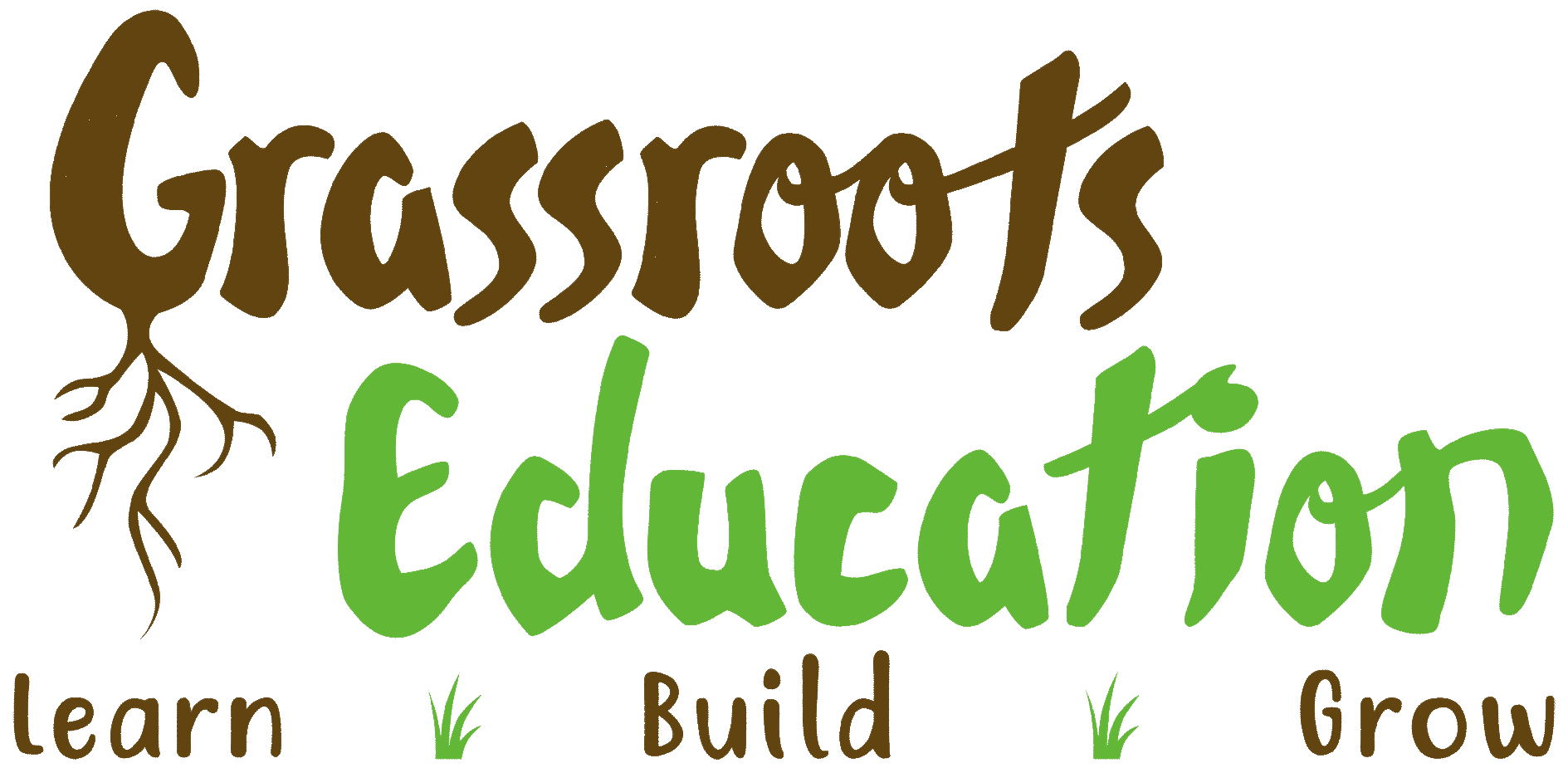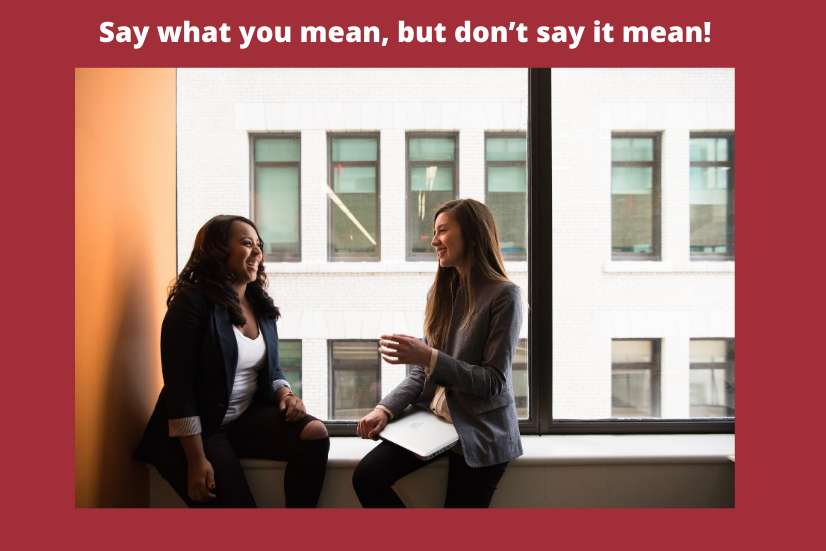Say What You Mean?
 By Dr. Marcia Davis-Dawkins
By Dr. Marcia Davis-Dawkins
I am almost certain that most of us have heard the expression, “Say what you mean, but don’t say it mean!” How many of us ever think about those words seriously? It is such an interesting statement. Interesting for so many reasons. For instance, if you were to ask a spouse or someone you consider close to you (family or friend) how your outfit looks, and the person doesn’t want to hurt your feelings and you later found out that they lied to you, does that mean that they said what they really meant? Maybe that will mean that you don’t consider that person your friend, simply because you don’t trust that person’s judgement or you don’t believe anything the person says after that. What if the person is brutally honest and tells you the truth and your feelings get hurt, is that person your friend? You already get the feeling that this is a catch 22, whichever way you look at things.
Let’s look at another scenario, where some people will simply say something to upset you just because they don’t like you, so they just want to hurt your feelings. Frankly speaking, I think you can be brutally honest, however, the way you say something can make such a big difference. There is the other side of the coin where before you speak, you can let the words pass through a few gates. Is your statement the truth? Is your statement necessary? or Is the statement kind? I suppose if everyone in the world were considerate and kind, I wouldn’t even be writing about this issue! Then again, the world might be too easy to live in, if everyone were loving and kind!
As I am writing this, I can’t help but reflect on when I decided I wanted to become an educator. Part of my reasoning was that I wanted to be kind and loving because so few of my teachers had those character traits. Most importantly, I wanted to be different and yes, change the world. Little did I know that I was in for a rude awakening because no matter how kind I was, I seemed to meet those people all around, who were just plain and simply mean. At times there seemed to be no empathy and leader/mentorship. Whatever happened to one of the golden rule, “treat others the way you wanted to be treated”? Because I know I don’t like the feeling of being treated badly, I am usually cognizant of how I treated others. For instance, I know that I don’t like to be teased, so I don’t tease people – not even if it is considered a joke. What is considered a joke to some is hurtful and harmful to others. Educators in general, and especially leaders should be able to have the attributes of empathy, caring, kindness and listening as part of the toolkits in educating our young minds and even in collaborating with fellow educators. These qualities, as researches have shown, are necessary and important skills needed for 21st century leadership. How we communicate with each other is key if we expect to see growth in our lives and our communities overall. Without a doubt it will also encourage productivity or effectiveness when we are able to express empathy, which will in turn increase inclusiveness.
I remember years ago, hearing a parent saying to their child, Tammy*, that they should not play with their friend, Becca*, because she wasn’t good friend. The parent even went on to say that Tammy would “not be ambitious if she played with Tammy.” Let’s understand that these children were both nine-years-old, and that I later learned that the parent simply thought that the Becca was in a lower economic group and should not be around Tammy. What kind of message is that sending to the children? Of course, the parent said what she meant, but it was definitely with ill intent. One thing, I do know is that love can be liberating and how can children be liberated if children not being taught how to love? It is no wonder our world is so filled with hate. We teach our children how to hate and the cycle goes on and on.
If parents were to reach out and send positive lessons to their children, they would learn how to love and accept everyone for who they are and build each other up instead of tearing them down.
It is always my intention to mean what I say and try to choose my words carefully, so I don’t hurt others. For those who have a similar mindset, we should avoid people whose aim is to be unkind and excuse their words as a joke! Instead of being labeled as “oversensitive”, our peers and colleagues should take into consideration the power of their words. Try not to focus on people who have no regard for our thoughts and feelings and surround ourselves with people who talk less and listen more.

